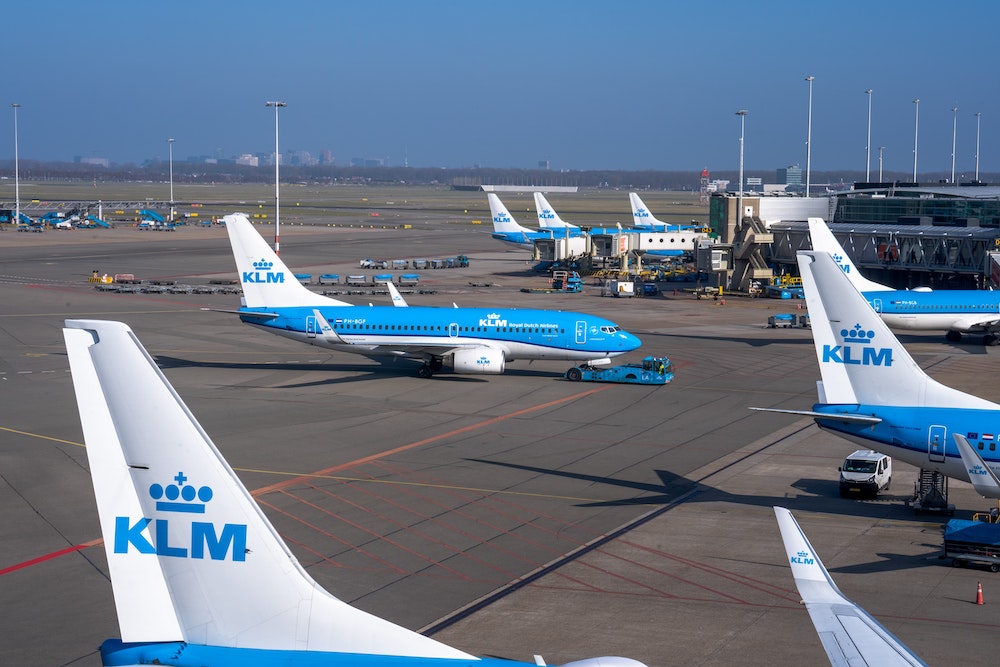By Alan Greenshields, Director EMEA
Air transportation is one of the most challenging sectors to decarbonize. Many strategies and technologies will be required to enable airlines and airport operators to eliminate carbon emissions while maintaining safe and reliable air travel. While Sustainable Aviation Fuels are currently under development and have the potential to eventually reduce emissions from planes while in the air, on the ground, decarbonization can be largely achieved using technologies that are commercially available today.
Last week, ESS announced a partnership with Amsterdam Airport Schiphol, the second largest airport in mainland Europe, to provide an iron flow battery for a pilot project that will demonstrate the key role that long-duration energy storage can play to reduce carbon and diesel emissions in air-side ground operations.
We are proud to partner with the Royal Schiphol Group, a recognized leader in sustainability and innovation with ambitious plans to achieve emissions-free and waste-free operations at their airports by 2030. ESS’ iron flow technology is ideally suited for this application due to its superior environmental and safety performance and ability to provide cost-effective, resilient and sustainable energy storage to enable the retirement of fossil fuel generators on the ground.
The project will use an ESS Energy Warehouse to recharge Electric Ground Power Units (E-GPUs), mobile battery systems that provide power to planes while parked at the gate. These battery storage systems will replace the mobile diesel ground generators used today, demonstrating the key role that LDES will play in decarbonizing airport operations and enabling the electrification of everything.
Amsterdam Airport Schiphol also leads the TULIPS consortium, a collaboration of 29 airports, airlines, knowledge institutes and industrial partners which facilitates sustainable aviation in Europe. Funded by the EU as part of the European Green Deal and started in 2022, the consortium plans to fast-track the rollout of sustainable technologies in the aviation sector to deliver climate-neutral aviation by 2050. By employing long-duration energy storage to decarbonize their ground operations, Schiphol is showing the way forward for airports across Europe and worldwide.

